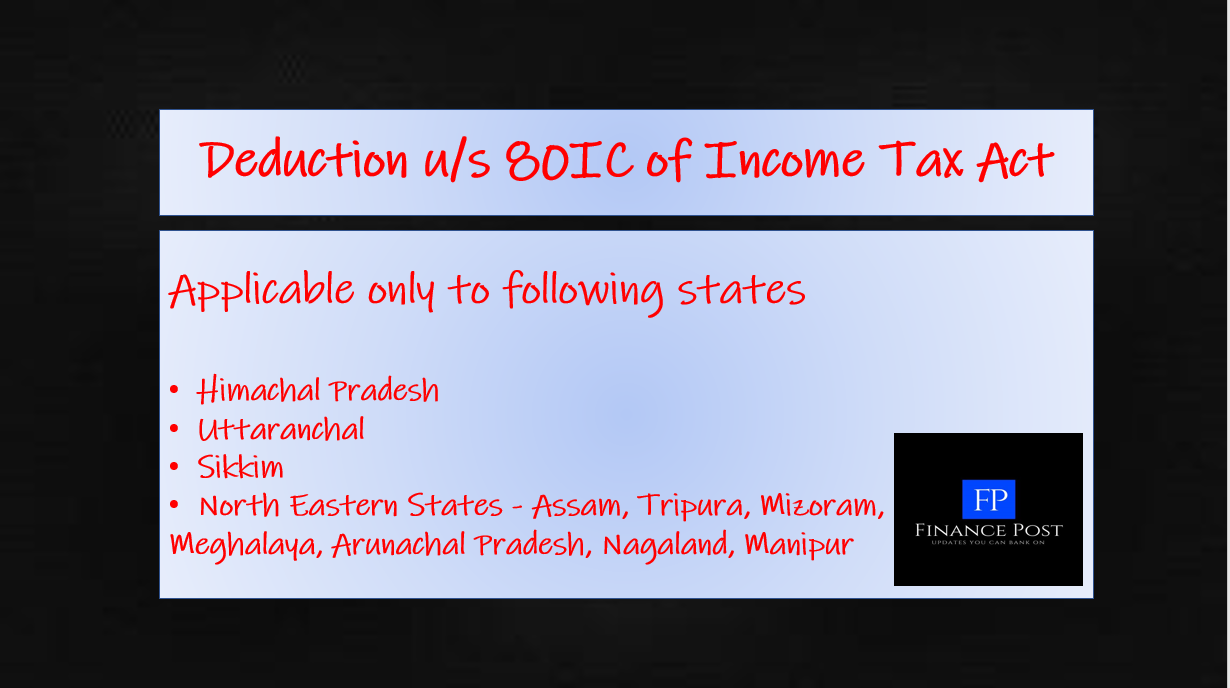
Last updated on July 31st, 2022 at 11:08 am
Section 194LC – Income by way of Interest from Indian Company
Payment of interest by an Indian Company or Business Trust ⇒ to a non-resident or a foreign company
[su_table]
| Relevant Section | Section 194LC of Income-Tax Act,1961 |
| Name of the Section | Income by way of interest from an Indian company (note-1) |
| Introduced by | Finance Act, 2012 (w.e.f. 01/07/2012) |
| Purpose | Deduction of tax at a lower percentage on interest payments by Indian Company to non-resident |
| Who can be a recipient of Interest? | Non-resident (not being a company) or to a foreign company (note-2) |
| Who can pay the interest? | Indian Company or
Business Trust (w.e.f. 01/10/2014) |
| Rate of TDS | 5%+ Surcharge +HEC ( note-3)
(If PAN not available then 20% – Sec 206AA) |
| When to deduct TDS? | At the time of credit to the account of the payee (note-4)
Or At the time of payment, whichever is earlier |
| Mode of payment | Cash or cheque or draft or any other mode |
[/su_table]
Refer note – 1:- Interest referred above shall be [Section 194LC(2)]
⊗ In respect of money borrowed by the Indian Company or Business Trust in foreign currency from a source outside India:-
- by a loan agreement between 01 July 2012 to 01 July 2020.
- by issuing long-term infrastructure bonds between 01 July 2012 to 01 October 2014.
- by issuing any long-term bond (incl. infrastructure bond) between 01 October 2014 to 01 July 2020.
as approved by the Central Government.
(Here, a long-term bond means a bond should have an original maturity period of more than 3 years.)
⊗ Money borrowed from outside India by issuing Rupee Denominated Bonds before 01 July 2020. (w.e.f. 01/04/2016).
The above interest should not exceed the interest calculated at the rate as approved by the Central Government.
Refer note – 2:- A foreign company is a company that is not a domestic company [Sec. 2(23A)].
Refer note -3:- Surcharge and Health and Education Cess shall be charged in case the payment is made to a non-resident.
Refer note -4 There is no explanation in this section that transfer to a suspense account or any other payable account shall be treated as ‘credit to the account of payee’. Hence, if any interest is a credit to the suspense account then TDS is not applicable.
For approval and further clarification refer to Circular No. 7/2012 dated 21-9-2012 and Circular No. 15/2014, dated 17-10-2014
Related Posts
Disclaimer: The above content is for general info purpose only and does not constitute professional advice. The author/ website will not be liable for any inaccurate / incomplete information and any reliance you place on the content is strictly at your risk.
Follow us on Social Media by clicking below
Follow @financepost_in
Be the first to comment